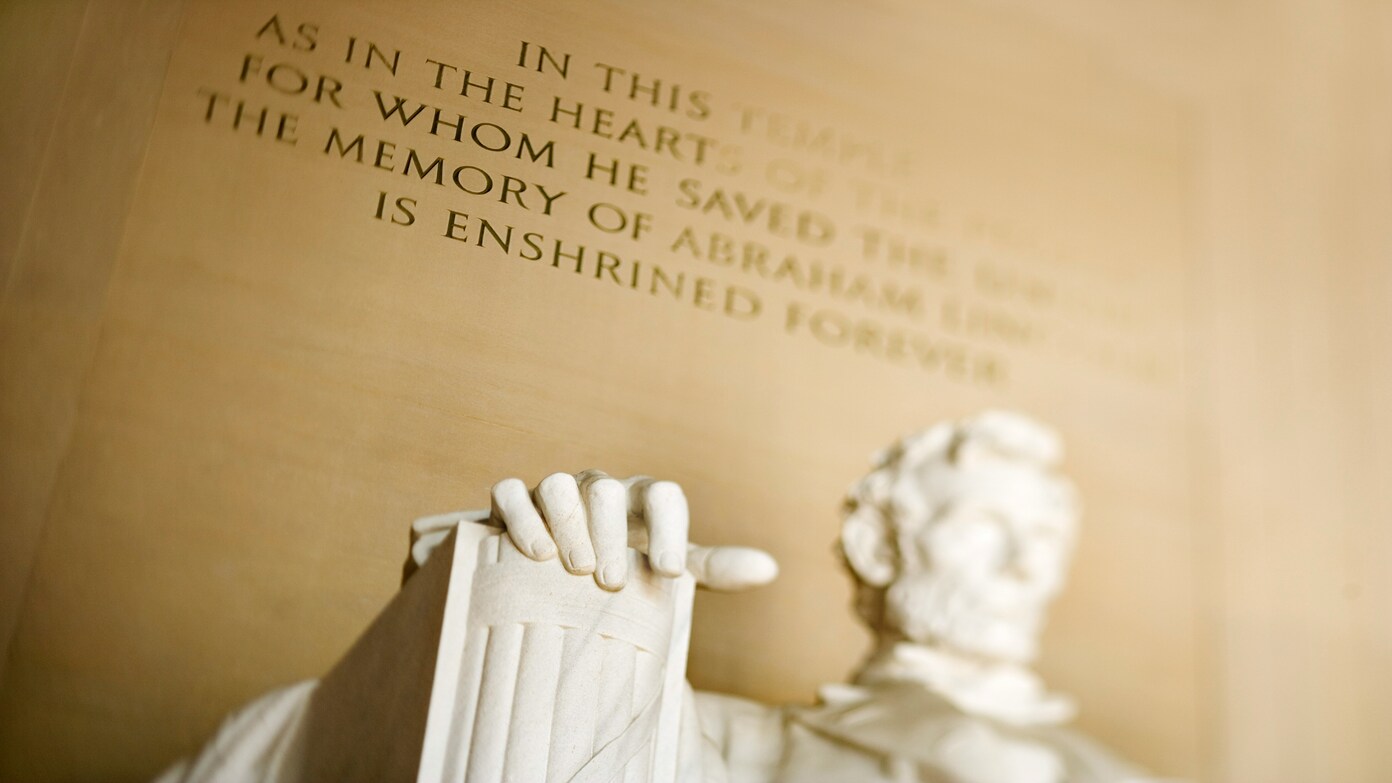Chinese President Xi Jinping has decided not to attend President-elect Donald Trump’s second presidential inauguration but will send Vice President Han Zheng as his special representative. This decision, announced by China’s Foreign Ministry on Friday, comes weeks after Trump extended the invitation to Xi in an unprecedented diplomatic move. Traditionally, heads of state do not attend U.S. presidential inaugurations, making this invitation a significant departure from protocol.
In its official statement, the Chinese Foreign Ministry emphasized its commitment to fostering a constructive relationship with the new U.S. administration. “We stand ready to work with the new U.S. government to enhance dialogue and communication, properly manage differences, expand mutually beneficial cooperation, and jointly pursue stable, healthy, and sustainable China-U.S. relations,” said the ministry’s spokesperson.
While Xi’s absence from the event underscores the challenges in the bilateral relationship, the decision to send Han signals China’s willingness to engage diplomatically. Sun Yun, director of the China program at the Washington-based Stimson Center, noted that China’s move reflects its desire to accommodate Trump’s unorthodox style. “It indicates that China is willing to talk, negotiate, and make efforts to reach deals,” Sun wrote.
However, some experts believe Beijing’s approach is a cautious one. Danny Russel, vice president for international security and diplomacy at the Asia Society Policy Institute, described the decision as a balancing act. “Zero chance that Xi Jinping would allow himself to be a potted plant at Donald Trump’s triumphal coronation,” Russel said. Instead, Han’s presence is “symbolic, not substantive,” ensuring China acknowledges Trump’s invitation without appearing overly deferential.
Escalating U.S.-China rivalry looms over inauguration
The U.S.-China relationship faces a critical juncture as Trump prepares to assume office. Many of Trump’s Cabinet nominees, including Senator Marco Rubio, the nominee for secretary of state, are vocal critics of Beijing. During his confirmation hearing, Rubio described China as “the most potent, dangerous, and near-peer adversary this nation has ever confronted.” Such rhetoric indicates that the incoming administration plans to adopt a tougher stance on China.
The decision to send Han Zheng instead of Xi Jinping highlights contrasting diplomatic styles. China prefers leader-level talks to manage its relationships with other nations, while Trump has often prioritized direct, personal interactions with foreign leaders. Despite this, Xi has consistently avoided attending high-profile ceremonial events. He skipped King Charles III’s coronation, Queen Elizabeth II’s funeral, and Nelson Mandela’s memorial service, delegating vice presidents to represent China on those occasions.
Analysts view Han’s attendance at Trump’s inauguration as a calculated move. By sending a senior official, Beijing signals its respect for diplomatic protocols while maintaining its broader strategic interests. The rivalry between the two nations, however, is expected to intensify. Beijing and Washington remain at odds on several key issues, including trade, technology, and regional security in the Indo-Pacific.

